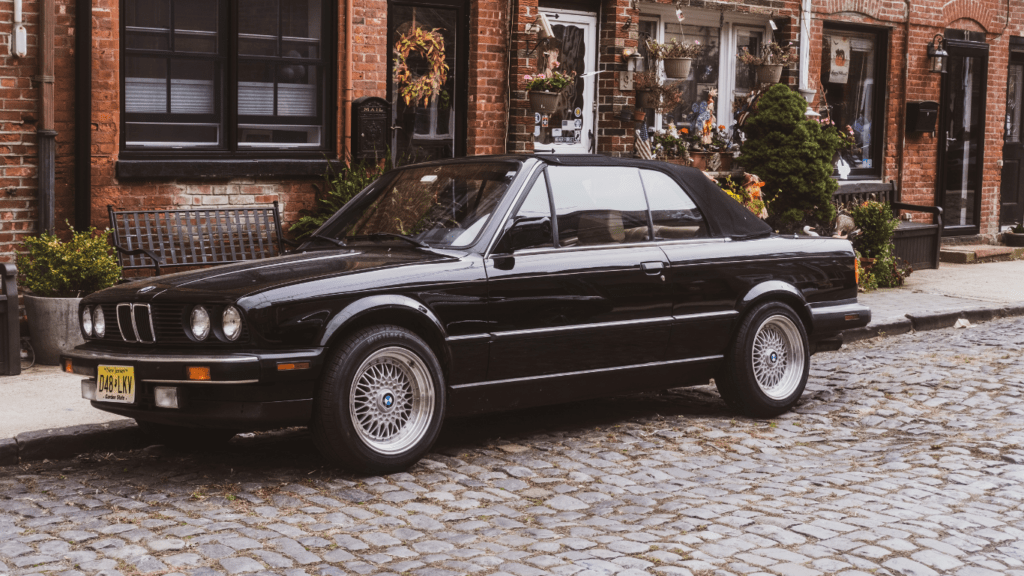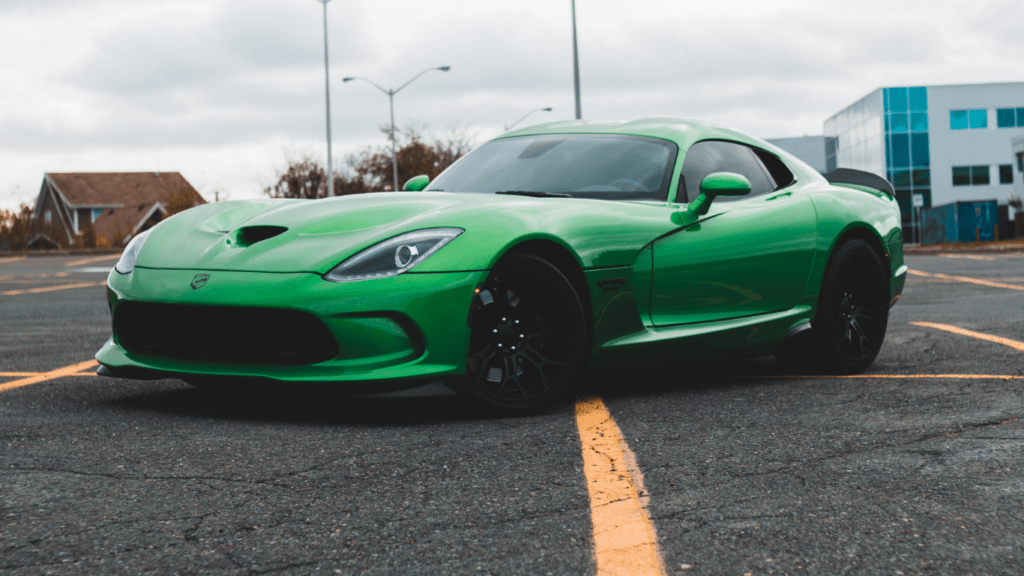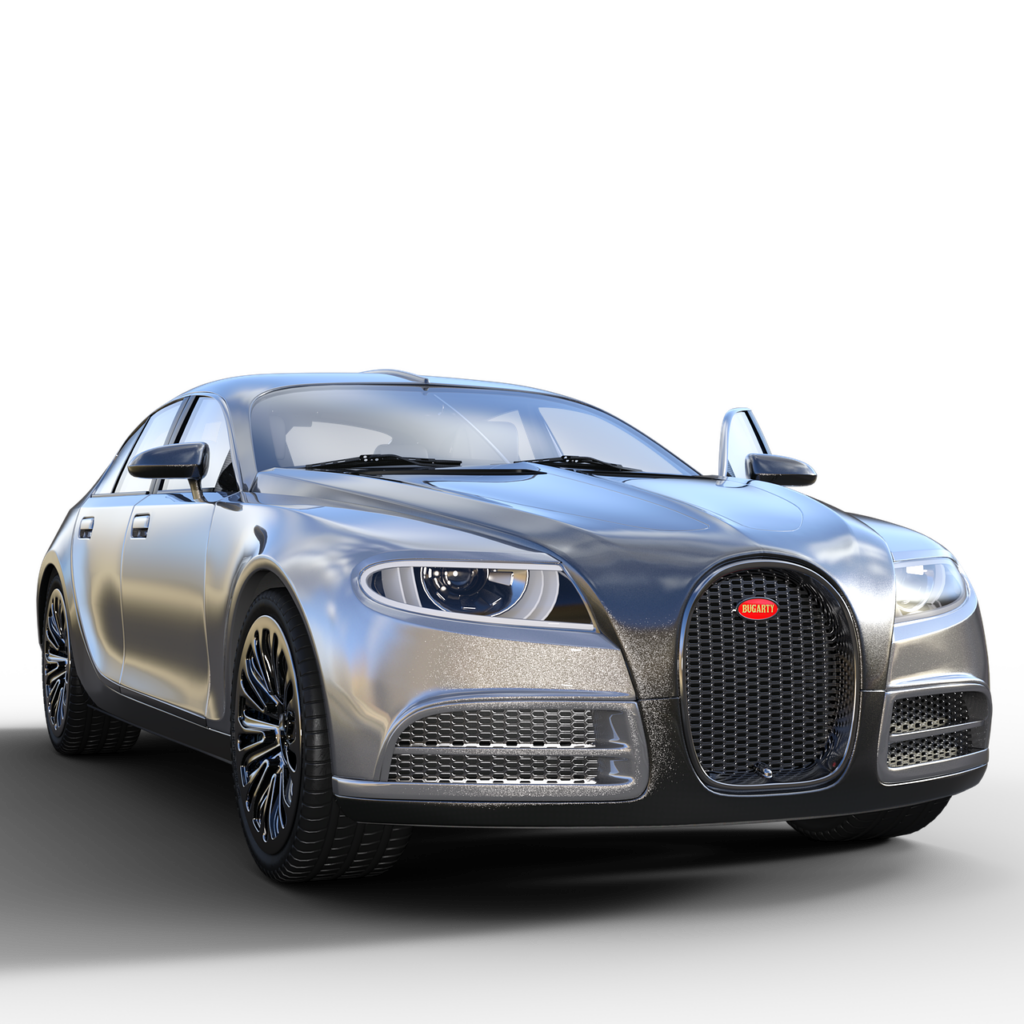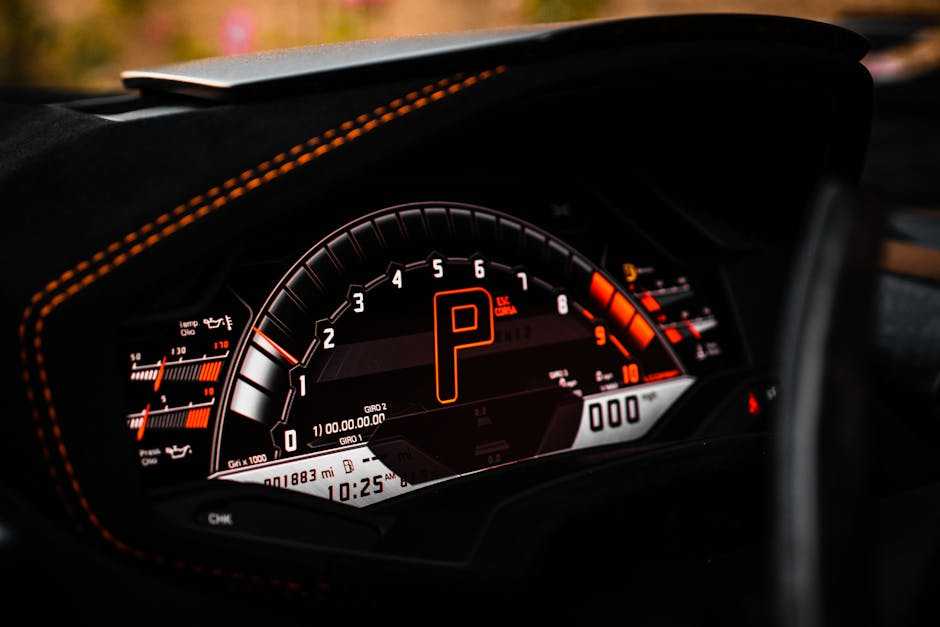Overview of the Hybrid Revolution
Luxury automakers have been at the forefront of the hybrid revolution, integrating advanced technology and eco-friendly solutions into their vehicles. By deploying hybrid systems, these brands enhance fuel efficiency while maintaining high performance standards. Unlike conventional cars, hybrid vehicles use at least one electric motor alongside a gasoline engine, which boosts fuel economy and reduces emissions.
For instance, BMW has developed the iPerformance series, blending sporty driving with electric efficiency. Mercedes-Benz’s EQ Power models combine superior engineering with sustainability, offering features like regenerative braking and electric-only driving modes. Lexus, a pioneer in luxury hybrids, continues to innovate with models like the RX 450h, which merges cutting-edge tech with luxurious comfort.
Hybrid technology isn’t just about meeting regulations; it’s about creating a superior driving experience. Ride comfort, acceleration, and advanced driving aids are all enhanced by these sophisticated systems. This seamless integration of luxury and efficiency is reshaping consumer expectations and pushing the automotive industry towards a more sustainable future.
Key Players in the Luxury Hybrid Market
Luxury automakers are revolutionizing the hybrid market with groundbreaking innovations. Leading brands like BMW, Mercedes-Benz, and Porsche are integrating cutting-edge technology with eco-friendly solutions to set new standards.
BMW’s Hybrid Innovations
BMW stands out with its iPerformance series. Models like the 330e and 530e offer both sporty driving and electric efficiency. The iPerformance vehicles feature eDrive technology, which allows for electric-only driving and combines with the TwinPower Turbo engines to enhance performance and fuel economy.
BMW uses advanced battery systems and intelligent energy management to optimize driving dynamics. The brand also focuses on regenerative braking, intelligent lightweight construction, and aerodynamics, making its hybrids both efficient and exhilarating to drive.
Mercedes-Benz’s Hybrid Advancements
Mercedes-Benz excels with its EQ Power lineup. Models like the C 350e and S 560e offer a balance of luxury and sustainable technology. The EQ Power system includes:
- electric-only driving modes
- energy recuperation
- sophisticated hybrid control
unit to optimize power distribution. The vehicles feature seamless transitions between electric and gasoline power, enhancing ride comfort and efficiency. Mercedes-Benz prioritizes intelligent hybrid architecture, deploying high-capacity batteries and plug-in charging to support longer electric driving ranges.
Porsche’s Hybrid Strategy

Porsche leverages hybrid technology to deliver high performance and reduced emissions. The Panamera 4 E-Hybrid and Cayenne E-Hybrid exemplify this strategy. Porsche integrates electric motors with powerful V6 engines, providing robust acceleration and improved fuel economy.
Features like Porsche Recuperation Management (PRM) and the E-Power mode boost energy efficiency. The brand emphasizes lightweight construction and aerodynamics to enhance vehicle dynamics. Porsche’s hybrid models offer not just eco-friendly benefits but maintain the thrilling performance associated with the brand.
Luxury automakers like BMW, Mercedes-Benz, and Porsche are driving the hybrid revolution by integrating advanced technology with sustainable solutions. Their efforts push the industry towards higher standards in performance, efficiency, and environmental responsibility, reinforcing their leadership in the evolving automotive market.
Technological Breakthroughs in Luxury Hybrids
Luxury automakers have made significant advances in hybrid technology. They focus on improving battery efficiency, integrating smart features, and enhancing overall vehicle performance.
Battery Efficiency and Performance
Luxury brands continuously innovate to enhance battery efficiency in hybrids. High-density lithium-ion batteries, which provide longer electric-only ranges, are a key focus. BMW’s iPerformance series integrates such batteries, offering both extended range and faster charging times. Tesla’s Model S and Model X, though primarily electric, showcase the potential in battery advancements for extended range and durability. Enhanced thermal management systems ensure batteries maintain optimal performance across various conditions.
Integration of Smart Features
- Luxury hybrids incorporate smart features that elevate the driving experience.
- Many models now include adaptive cruise control, AI-assisted navigation, and sophisticated infotainment systems.
- The Mercedes-Benz EQ Power models feature MBUX (Mercedes-Benz User Experience), an intuitive system that integrates voice commands, real-time traffic updates, and energy management.
- BMW’s iDrive and Porsche’s Communication Management systems offer seamless integration with smartphones and comprehensive control over vehicle settings.
- Audi’s MMI system in their hybrid models provides a customizable interface, connecting drivers with car functions and entertainment effortlessly.
These smart features not only enhance comfort but also contribute to efficient energy use and performance optimization.
Market Impact and Consumer Response
Luxury automakers adopting hybrid technology are significantly reshaping the market. They’re influencing both sales trends and consumer preferences, driving a shift toward eco-friendly vehicles.
Sales and Growth Trends
Sales of luxury hybrid vehicles are rising rapidly. In 2022, hybrid vehicle sales saw a 45% increase, according to IHS Markit. This growth is not just limited to one region but is global, with substantial increases in Europe, North America, and Asia. Brands like BMW and Lexus have reported double-digit growth rates in their hybrid segments. For instance, BMW’s iPerformance series contributed to a 38% boost in the brand’s hybrid sales.
Consumer Feedback and Preferences
Consumers are responding positively to luxury hybrids. Many appreciate the seamless integration of electric and gasoline power, which offers both performance and efficiency. According to a J.D. Power survey, 82% of luxury hybrid owners value the reduced fuel consumption and lower emissions.
Comfort and advanced technology also rank high in consumer feedback. Features like adaptive cruise control and AI-assisted navigation are frequently mentioned as key selling points. Lexus RX 450h buyers often highlight its blend of comfort and innovative tech as a deciding factor.
Environmental and Economic Benefits
Luxury hybrid vehicles bring significant advantages to the forefront. Owners not only enjoy a premium driving experience but also contribute to a greener and more cost-effective future.
Reduced Emissions and Environmental Footprint
Hybrid technology in luxury cars significantly lowers emissions, helping reduce the overall environmental footprint. Luxury automakers, like BMW and Mercedes-Benz, integrate sophisticated systems that minimize CO2 emissions. For instance, BMW’s iPerformance models can lower emissions up to 50% compared to traditional counterparts. Electric-only driving modes, featured in vehicles like the Mercedes-Benz EQ Power lineup, eliminate tailpipe emissions entirely during short journeys. Reduced emissions contribute to cleaner air, making hybrids an eco-friendly choice.
Potential Cost Savings for Consumers
While luxury cars are often associated with high costs, hybrids offer potential savings in the long run. Fuel efficiency improvements lead to lower fuel expenditures. For example, Lexus hybrids can achieve up to 30% better fuel economy than non-hybrid versions. Additionally, many regions offer incentives, such as tax credits and rebates, for owning hybrid vehicles.
These incentives can equate to thousands of dollars in savings, offsetting the initial purchase price. Furthermore, some luxury hybrids, like the Porsche Panamera 4 E-Hybrid, benefit from reduced maintenance due to fewer moving parts compared to conventional engines. Reduced fuel costs, tax benefits, and lower maintenance expenses collectively enhance the overall financial appeal of luxury hybrids.
Challenges and Future Prospects
Luxury automakers face several challenges while advancing hybrid technology. Yet, they continue to make significant strides, pushing the industry toward a more sustainable future.
Overcoming Technical Challenges
Automakers grapple with various technical challenges in the hybrid sector. Battery efficiency remains a primary concern. High-density lithium-ion batteries, although advanced, still require improvements in energy density and charging speed. For instance, Mercedes-Benz is investing heavily in research to enhance battery performance while ensuring longevity.
Thermal management systems also pose challenges, requiring sophisticated solutions to maintain optimal battery temperatures in diverse conditions. BMW’s advanced cooling systems in its iPerformance models exemplify efforts to address these issues.
Integration of hybrid systems into traditional vehicle architectures adds complexity. Ensuring seamless transitions between electric and gasoline power demands intricate engineering.
For example, Porsche’s hybrid models employ state-of-the-art software to manage power distribution efficiently. Additionally, luxury features such as adaptive cruise control and AI-assisted navigation must work harmoniously with hybrid systems, increasing the complexity of vehicle design and testing.
Predictions for the Future of Luxury Hybrids
Luxury hybrids are set to become more prevalent. By 2025, industry analysts predict a significant increase in market share for hybrid luxury vehicles, driven by advancements in battery technology and increasingly stringent environmental regulations. Brands like Lexus plan to expand their hybrid lineup significantly, introducing models with longer electric-only ranges and faster charging times.
Technological innovation will continue to be a driving force. Expect smart features to become even more advanced, with AI playing a critical role in optimizing energy use and enhancing the driving experience. Mercedes-Benz’s MBUX system, for instance, will likely evolve to offer more intuitive and efficient controls. Moreover, luxury automakers are likely to invest in renewable energy sources for their hybrid systems, further reducing the carbon footprint of these vehicles.
Consumer demand is expected to grow as awareness about environmental impact rises. An increase in eco-conscious consumers will push luxury brands to deliver more eco-friendly options without compromising on performance or comfort. This shift will drive continuous improvement and innovation, ensuring luxury hybrids remain at the forefront of the automotive industry’s evolution.



 Founder & CEO
Founder & CEO
